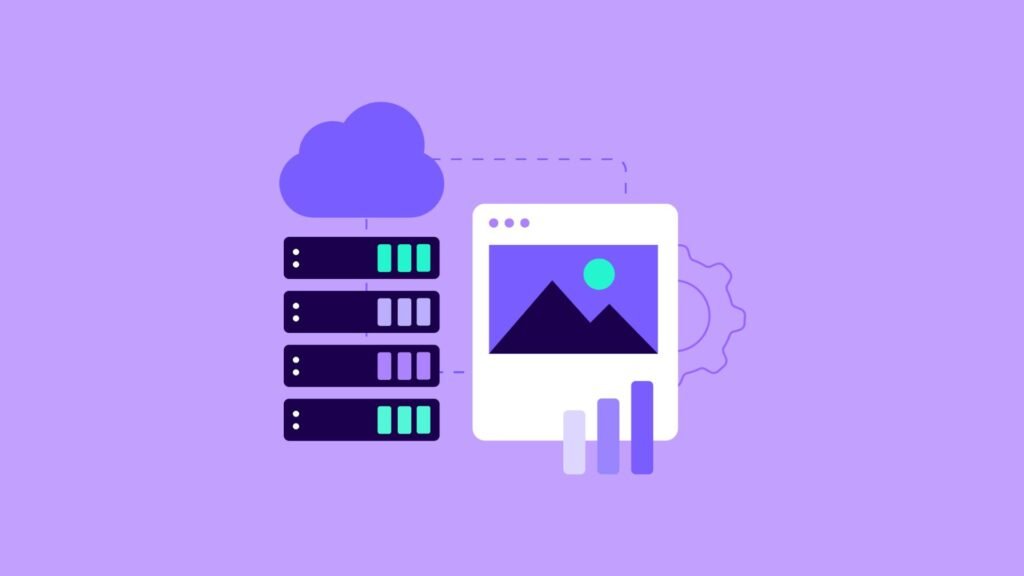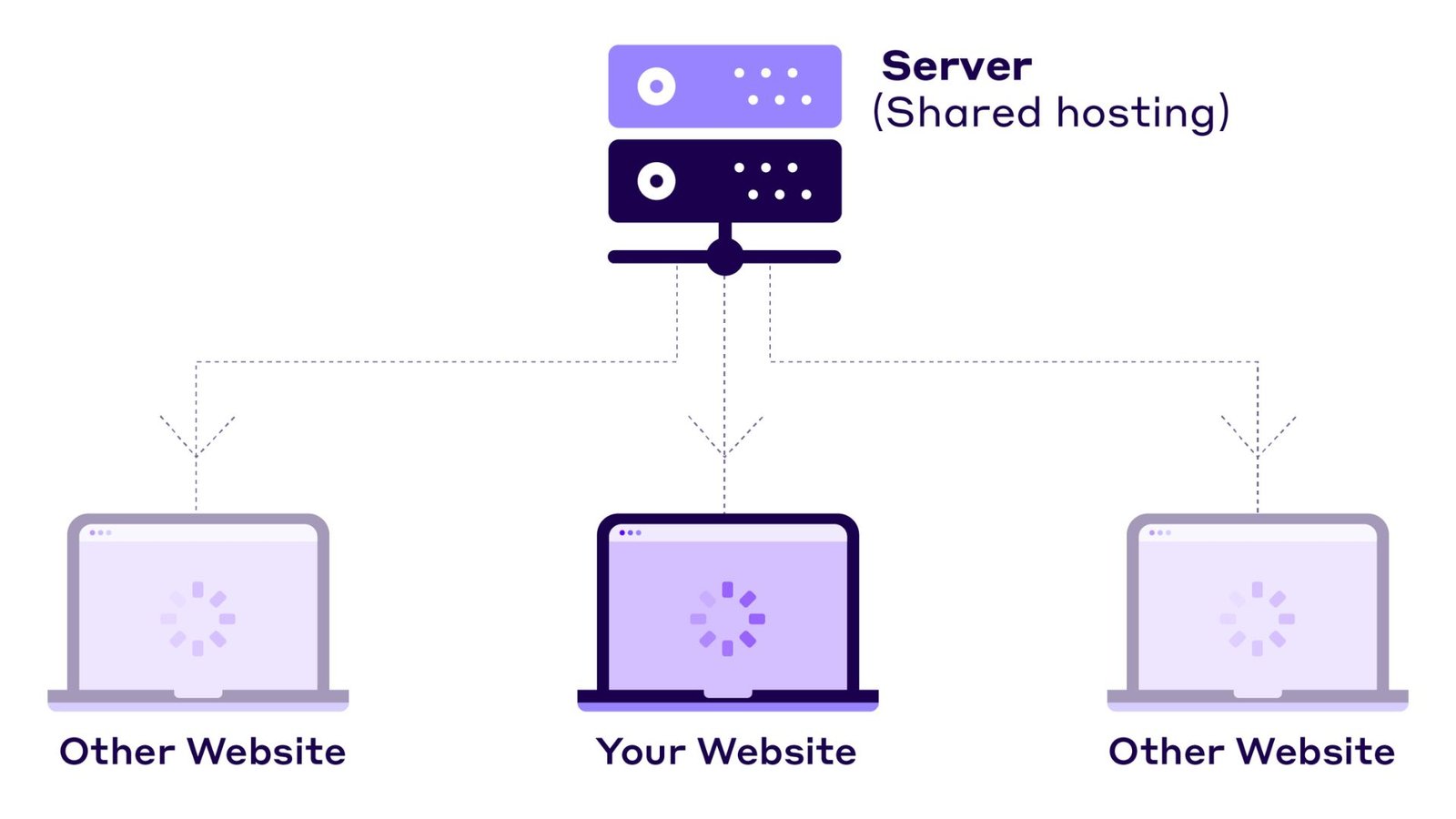How Hosting Impacts Website Speed
- By -Daisy
- Posted on
- Posted in Web Hosting
Website speed is crucial for both user experience and SEO. A slow website can lead to higher bounce rates, lower conversion rates, and reduced search engine rankings. One of the key factors influencing website speed is the hosting provider and the type of hosting service you choose. In this article, we’ll explore how different aspects of hosting impact website speed, what to look for in a hosting plan, and how to optimize your website’s performance.

The Role of Hosting in Website Speed
Your hosting provider plays a significant role in how quickly your website loads for visitors. The server where your website is stored determines how fast it can deliver content to users. Key elements such as server resources, location, technology, and network infrastructure directly impact how quickly a site can load.
Types of Hosting and Their Impact on Speed
There are several types of hosting, each with different characteristics that can influence website speed. The main hosting types include:
Shared Hosting
In shared hosting, multiple websites share the same server resources, such as CPU, RAM, and bandwidth. This setup is cost-effective, but it can cause slowdowns if other websites on the same server experience high traffic.
- Impact on Speed: Since server resources are shared, your site may experience slower load times, especially if traffic spikes occur on other sites sharing the same server.
- Best For: Small websites, blogs, and personal websites with low to moderate traffic.
VPS Hosting
With VPS (Virtual Private Server) hosting, you still share a physical server, but you have dedicated virtual resources. This means more control and better performance compared to shared hosting.
- Impact on Speed: VPS hosting provides more stability and speed because your website has its own dedicated resources, so you aren’t affected by the performance of other websites.
- Best For: Medium-sized businesses and websites with moderate to high traffic needs.
Dedicated Hosting
In dedicated hosting, you have an entire physical server to yourself. You don’t share resources with other websites, which allows for the best performance and full control.
- Impact on Speed: This is the fastest hosting type, as your website has all of the server’s resources at its disposal, and there are no other websites to compete for bandwidth or processing power.
- Best For: Large websites, e-commerce sites, or businesses with high traffic that require top-notch performance.
Cloud Hosting
Cloud hosting uses a network of interconnected servers to host your website. This distributed approach allows for scalability and flexibility, with the ability to scale resources up or down depending on demand.
- Impact on Speed: Cloud hosting is typically fast, as your website can be hosted on multiple servers. The distributed nature helps balance the load, so traffic spikes do not significantly affect speed.
- Best For: Websites that experience fluctuating traffic or need scalability.
Server Location and Its Effect on Speed
The physical location of the server hosting your website also impacts load times. When a user requests a webpage, the request must travel from the user’s device to the server. The further the server is from the user, the longer the data has to travel, which can slow down page load times.
How Server Location Affects Speed:
- Local Server: If your target audience is located in one region, it’s best to choose a server that is physically closer to them. For example, if most of your visitors are in the United States, choose a server located in the U.S. to reduce latency.
- Global Audience: If your website has a global audience, consider using a Content Delivery Network (CDN) in combination with your hosting. CDNs distribute content across multiple servers worldwide, ensuring that users from different regions access the website from the nearest server.
Bandwidth and Network Performance
Bandwidth is the amount of data that can be transmitted from the server to users in a given period. The higher the bandwidth, the more data can be transferred quickly, which leads to faster page load times.
Impact of Bandwidth on Speed:
- High Bandwidth: Hosting providers with high bandwidth allow your website to serve more data to users without slowing down. This is especially important for media-heavy sites (e.g., sites with lots of images, videos, or downloads).
- Low Bandwidth: If your hosting plan has low bandwidth, it could lead to slow load times, particularly during traffic spikes when a lot of data is being requested.
Network performance also plays a role. A host with a high-quality network infrastructure and fast internet connections will generally provide better speeds.
Conclusion
Website speed is directly impacted by your hosting provider and the type of hosting service you choose. Whether you opt for shared hosting, VPS, dedicated hosting, or cloud hosting, the quality of the server, its location, and available resources all play a role in how quickly your site loads. By considering factors such as bandwidth, server location, caching solutions, and server resources, you can ensure that your website performs at its best, providing users with a fast, seamless experience. Remember, a fast website is not only essential for user satisfaction but also for search engine optimization (SEO), so choosing the right hosting provider is a critical step in building a successful online presence.



